New normals: Lessons learnt during Covid-19 circuit breaker and what needs to change
As Singapore exits the circuit breaker and reopens its economy, we ask experts and observers about the lessons learnt and if things need to change as the country enters the post-Covid-19 age.
Sign up now: Get ST's newsletters delivered to your inbox
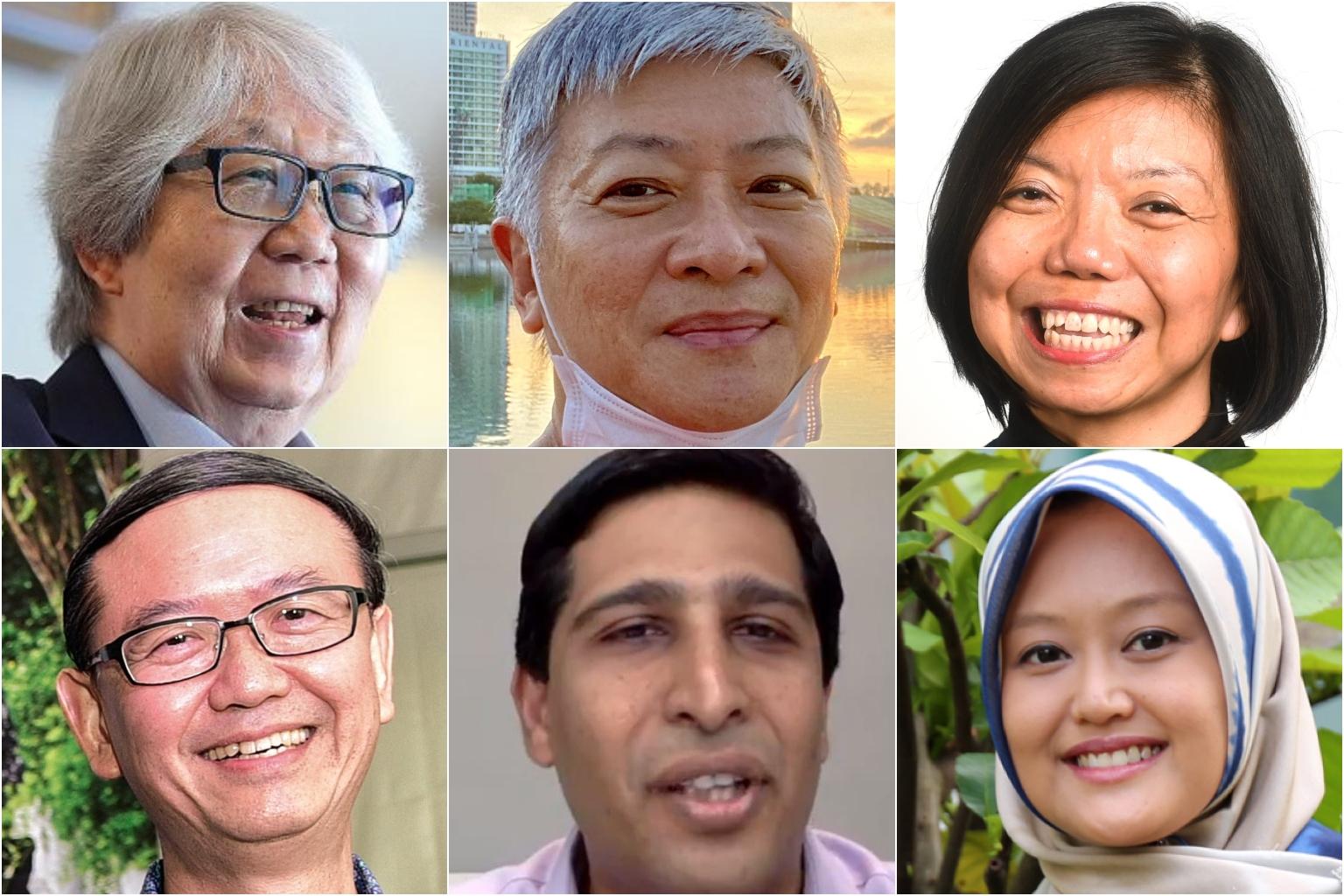
(Clockwise from top left) Professor Tommy Koh, Mr Dick Lee, Ms Anthea Ong, Ms Rahayu Mahzam, Dr Mathew Mathews And Dr Goh Wei Leong.
Calvin Yang, Wong Kai Yi, Olivia Ho, Goh Yan Han
Follow topic:
PROFESSOR TOMMY KOH, 82
Ambassador-at-Large
"A paradigm change in our attitude towards nature and the environment" is what's required, says Prof Koh, pointing out that Covid-19 is a zoonotic disease which came from an animal, probably a bat.
Praising China's decision to ban the trade and consumption of wild animals, he says this is a lesson for the rest of the world too, and not just in ensuring livestock farmed for human consumption are in good health.
"There is a nexus between human health and the health of our planet.
"If we do not take decisive action, now, to stop global warming, if we do not stop decimating our biological diversity, if we do not stop degrading our oceans, if we do not stop cutting down our forests and polluting our lands, rivers and lakes, we will gradually diminish the Earth's capacity to sustain human life. There is no Planet B."
BEST EXPERIENCE DURING CIRCUIT BREAKER
"The overwhelming support I received for my podcast to appeal to Singaporeans to donate the $600 from the Government to a charity or NGO."
TOUGHEST EXPERIENCE
"Not being able to see my three grandchildren."
DR WILLIAM WAN, 73
Singapore Kindness Movement general secretary
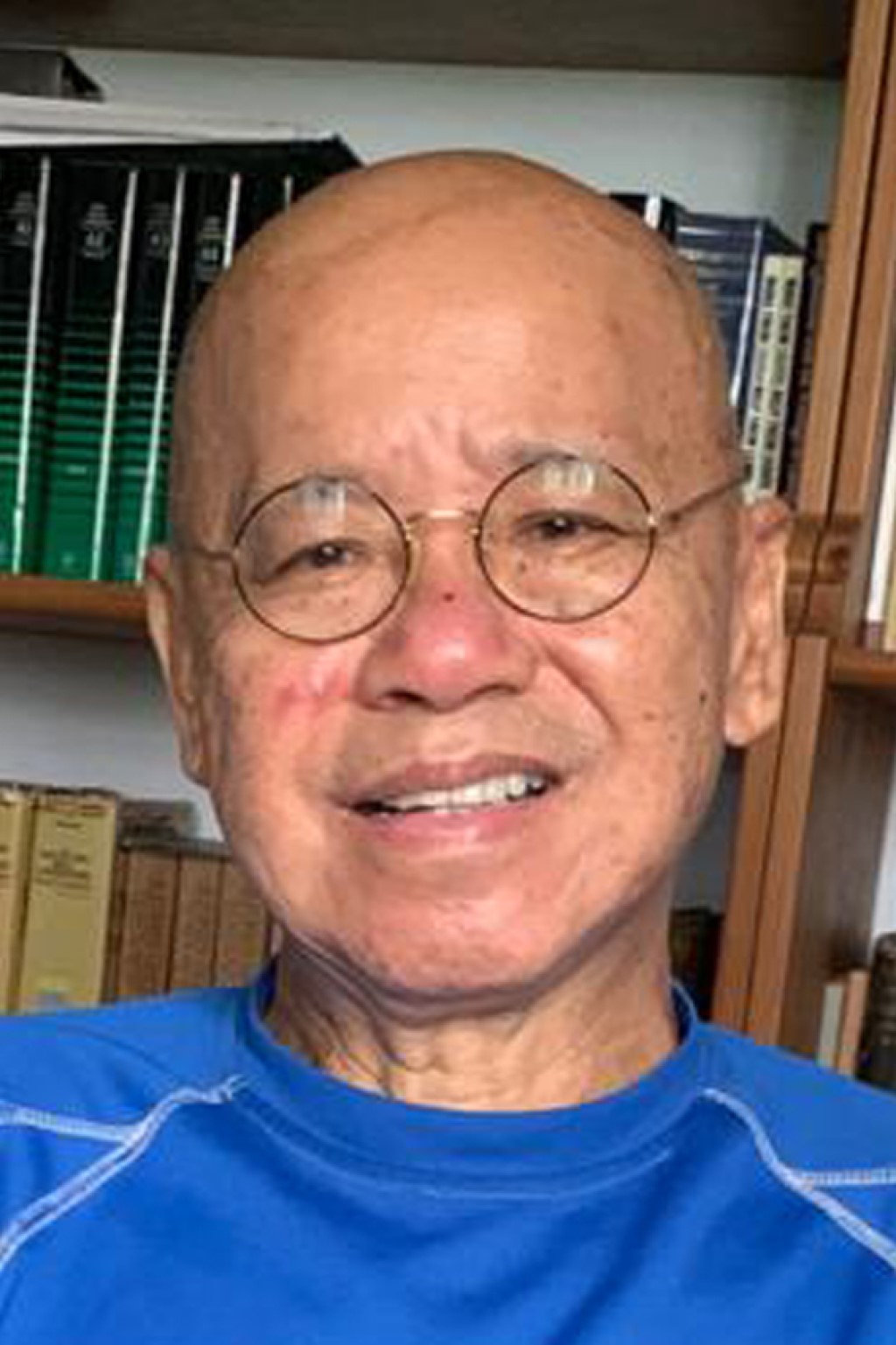
The pandemic has "unlocked" the good in Singaporeans, says Dr Wan, and he hopes it stays.
"We have seen so many people coming forward to help foreign workers, to praise front liners, offer this and that. I hope that once this is over, people won't stop and ignore others like before."
And that also means continuing to be more neighbourly. "During the circuit breaker, we would help buy groceries and check on one another. Covid-19 has shown us how important it is to reach out to our neighbours, especially vulnerable folks such as seniors who don't have family here."
BEST EXPERIENCE
"A friend of mine knew I was concerned for the blind, as it is hard for them to practise safe distancing. This friend managed to get hold of 100 face shields to donate to them."
Dr Wan did not cite a toughest experience.
ANG HIN KEE, 54
Labour MP and assistant director-general of National Trades Union Congress
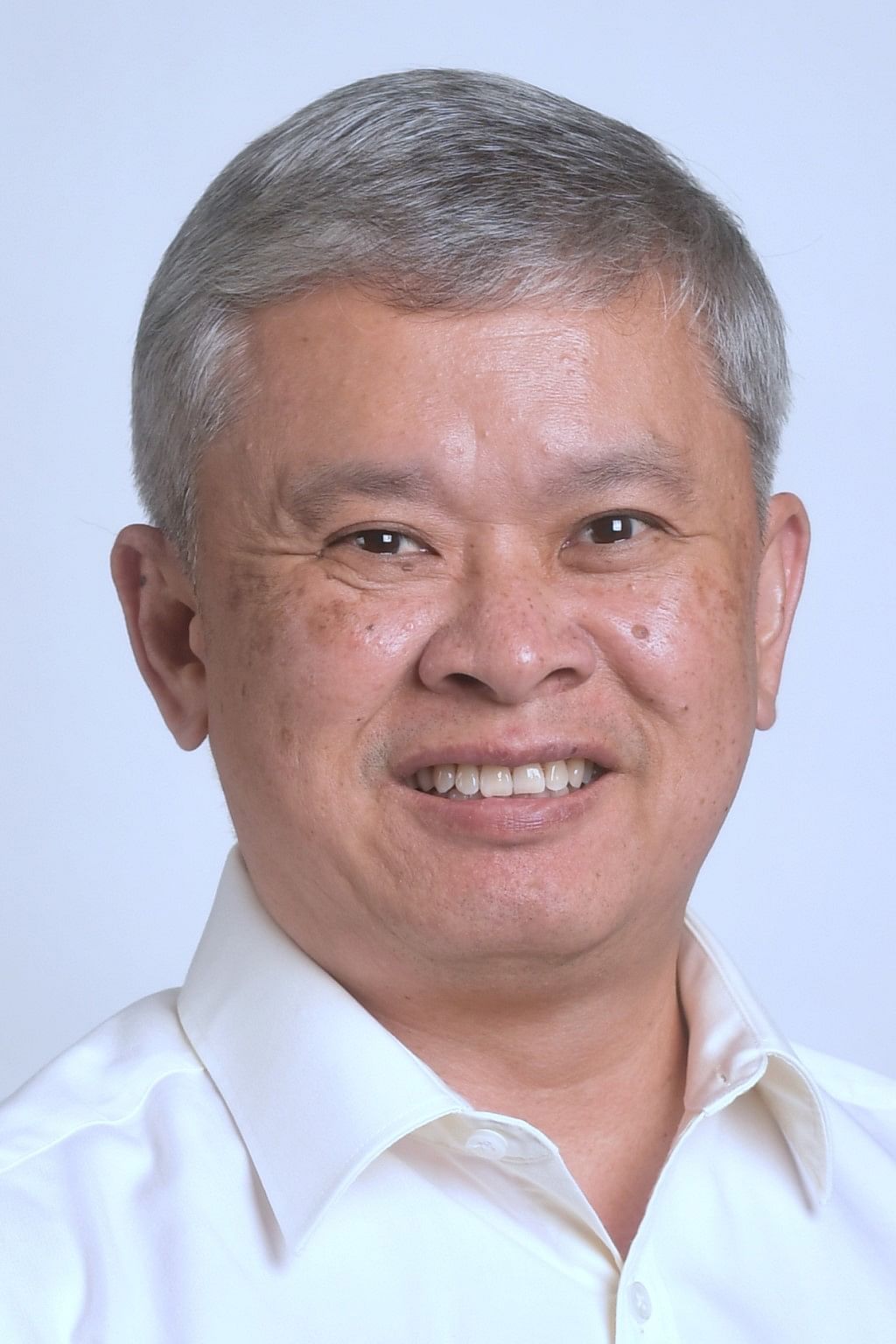
The vulnerability of freelancers who depend on a single source of income was exposed by the pandemic, says Mr Ang. And this includes taxi drivers who, with fewer passengers, turned to delivering food and groceries.
"Prior to Covid-19, unions such as the National Taxi Association had been calling on the Government to allow our drivers to move their revenue streams horizontally (from commuters to goods), and had also been working to encourage drivers to go for digital training.
"Post-Covid, we should continue to expand on this. For example, taxi drivers can also serve as dedicated tour guides, like in other countries."
And this expansion of revenue streams is a lesson for all freelancers - tour guides also had to find new jobs, such as working for NTUC to help other freelancers connect with government-assistance schemes. In short, "we need to see how we can support them to be even more flexible than before".
He also highlights how it was easier to channel help to the likes of taxi drivers and certified sports coaches, who are union or association members, than to reach out to freelancers like tuition teachers, photographers and performers.
"What is needed would be for agencies to look at freelancers in their sectors, and issue them a licence, encourage them to join a union/guild or to be accredited."
BEST EXPERIENCE
"Working with union leaders to pack masks and hand sanitisers for migrant workers, freelancers and other essential workers."
TOUGHEST EXPERIENCE
"Witnessing parents who take their children, even toddlers, to do grocery shopping (with maid in tow)."
DICK LEE, 63
Singer-songwriter
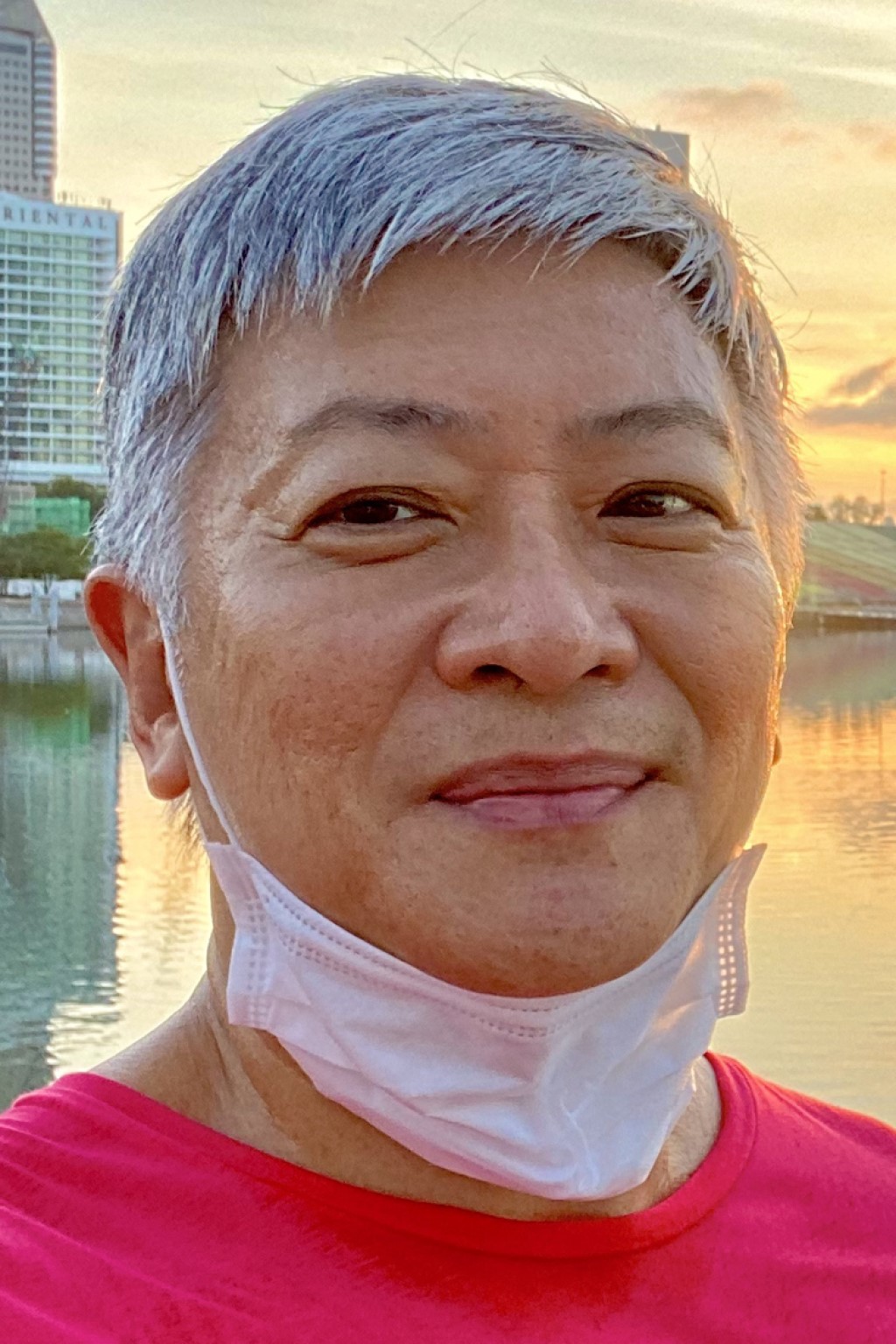
The arts will need help to recover, stresses Dick Lee. "I'm worried this is marking the end of entertainment as we know it. Events have ground to a screeching halt," he says, and the near-term future is not looking much better.
"Social distancing is necessary for now but I can't imagine how it can be applied to life forever - if theatres have to keep an empty seat between audience members, how can they recover costs? I hope that we can work out new guidelines that will allow the arts to recover and for us to gather in public safely again."
BEST EXPERIENCE
"Finding new ways to reach people, such as my online concert on AsiaOne's Facebook Live last month."
TOUGHEST EXPERIENCE
"Being unable to travel. I was planning to go to Egypt and Jordan in March but that had to be postponed, and I would be nervous even going next year. I booked a cruise for November but all that has gone down the drain."
AMRIN AMIN, 42
Senior Parliamentary Secretary for Home Affairs and Health
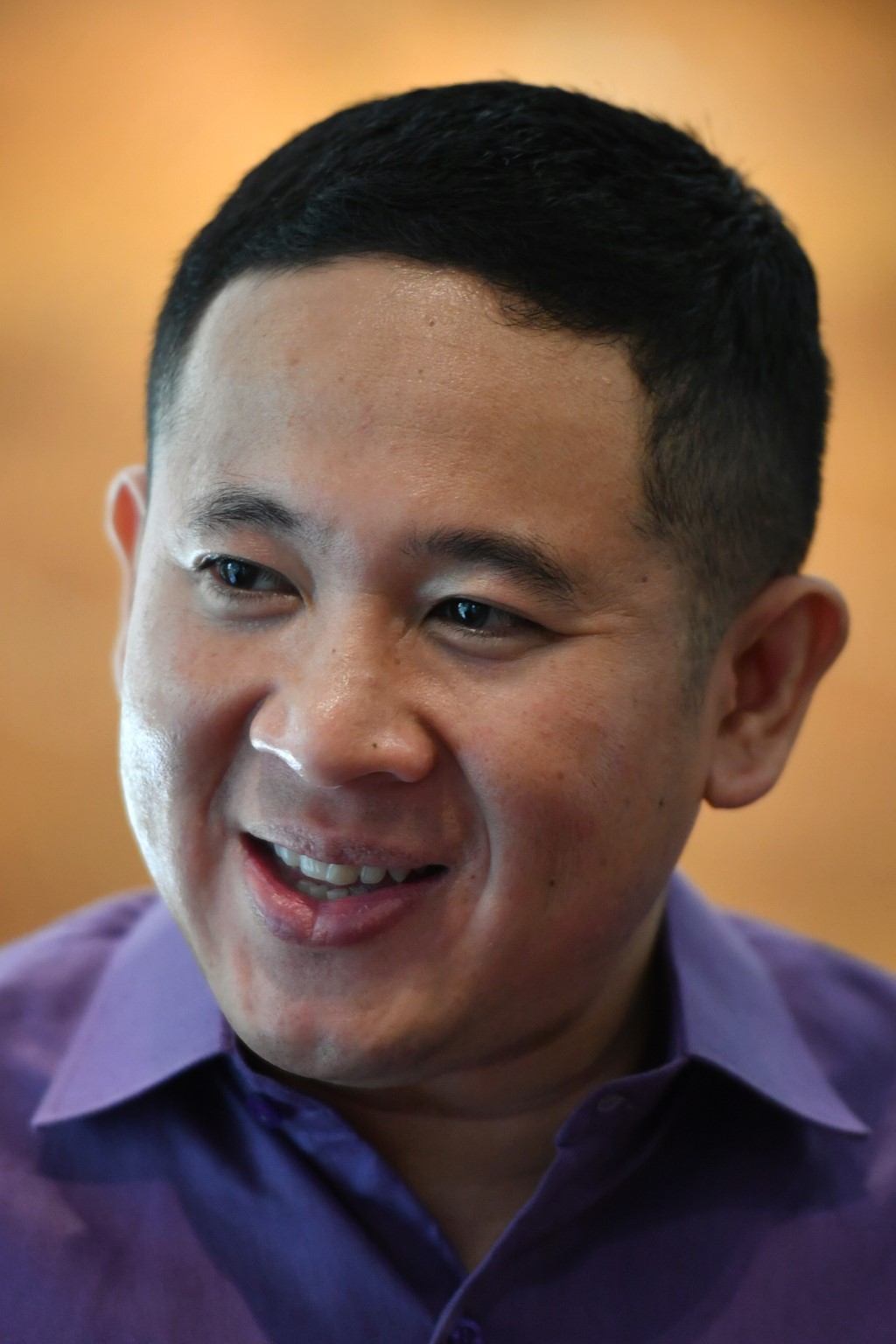
"This pandemic has reminded us of what's most precious to us. It has upended nearly every aspect of life," says Mr Amrin, pointing out how the things people take for granted - dining out, going for a haircut, visiting family - carry a risk. "I can't wait for the pandemic to release its grip on our lives. And for us to get back into our natural rhythms and for the buzz to return."
Yet the crisis has also brought about a sense of solidarity among Singaporeans, with everyone "playing a small but crucial part by staying home and keeping to safe distancing". This has given the country a chance to "learn to look out for each other better", and he hopes this will continue.
But it is in such times of crisis that the scourge of fake news is at its most dangerous, and if there is one lesson he hopes people will continue to focus on, it is the need to rely on facts and scientific evidence. "We need to be more discerning and not act on rumours and fake news."
BEST EXPERIENCE
"Being able to spend time with family while working from home."
TOUGHEST EXPERIENCE
"Adjusting to how the everyday liberties like shaking hands and dining out have become a health risk."
LOH LIK PENG, 48
Founding director of Unlisted Collection, restaurateur and hotelier
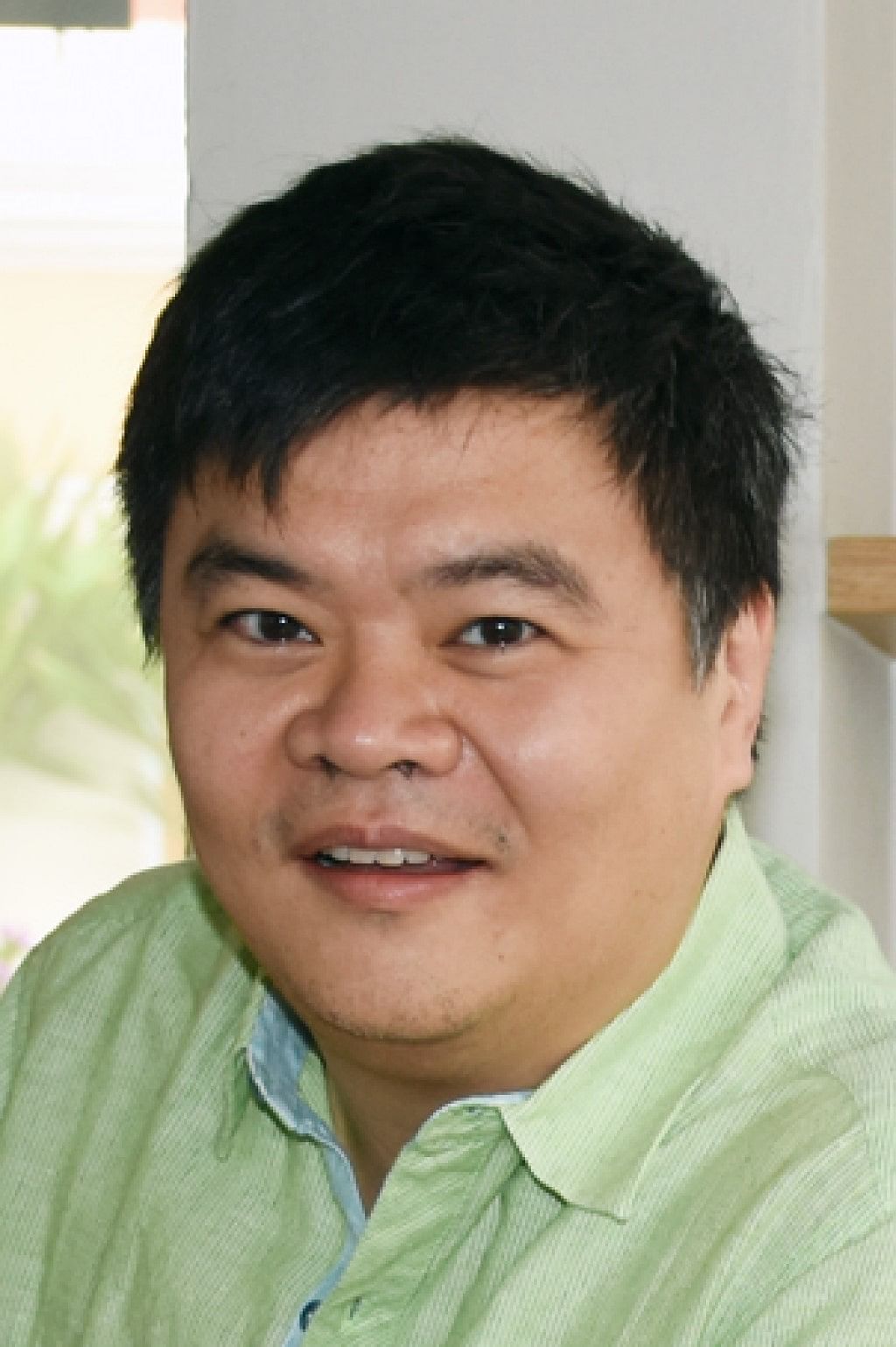
The "unequal" relationship with landlords needs rebalancing into one that is more sustainable, says Mr Loh. "There's not a single F&B tenant that has had an easy time with their landlords. At this point, the tension is palpable. Though both parties are co-dependent and the benefits should be more equally spread out, the landlord now largely dictates the terms."
He also hopes people will have more appreciation for the sacrifices made by F&B players - and that is already happening with the emergence of Save F&B SG, a coalition of several hundred restaurants to support one another during the crisis.
"Previously, people just complained whenever they got a bad meal - they don't realise how hard people have to work. But now I think there is a better understanding that restaurants face long hours, low margins and how hard they have to work for their money. The crisis has exposed how poorly capitalised the majority of restaurants are. They don't make enough money to sustain themselves through a deep downturn like this."
BEST EXPERIENCE
"It's been gratifying to see how our teams on the ground responded incredibly well and pulled together, adapted to our reduced circumstances and saved the majority of jobs."
TOUGHEST EXPERIENCE
"The unprecedented drop in business. Every single one of our markets was hit badly, from Australia to Europe. All our hotels and restaurants had to close, and the worst thing was that it all happened at the same time."
ANTHEA ONG, 51
Nominated Member of Parliament

The setting up of the National Care Hotline and a national mental health resource site during the pandemic raised awareness on the importance of mental health.
"The mental health community had been asking for both for a long time," says Ms Ong, calling for more affordable, accessible and better quality care. "These changes will be even more urgent because it is no secret now that Covid-19 is also a mental health crisis which will have a longer tail."
Another change she would like to see beyond Covid-19 is "absolute food security for all our lower-income families and seniors, which I do not think should be left purely to the fragmented albeit well-meaning efforts of charities".
At the start of the outbreak, she says, charities had to scramble for volunteers as their distribution channels were disrupted. Food distribution for vulnerable groups "should be a coordinated national response".
BEST EXPERIENCE
"I can't stop smiling thinking of how many inspiring stories of community action there have been from so many Singaporeans and residents - healthcare workers at ground zero, the S.H.A.R.E project for employers and their foreign domestic workers, the Welcome In My Backyard initiative for migrant workers rehoused in our neighbourhoods..."
TOUGHEST EXPERIENCE
"Not being able to visit my parents on Sundays. We started doing Zoom calls, but it is not the same without hugs and my nonya mama's food."
DR GOH WEI LEONG, 60
HealthServe co-founder
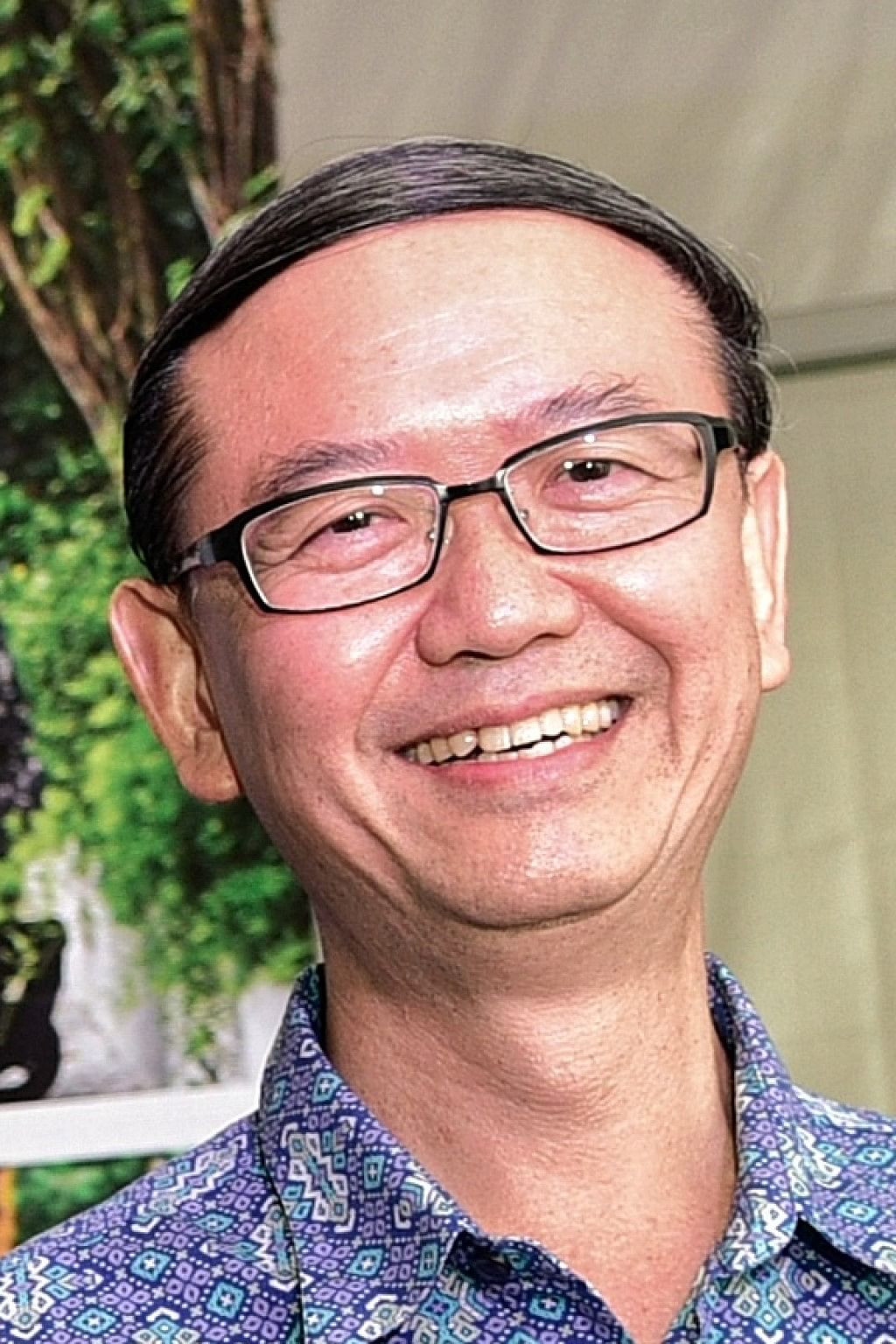
He hopes that the level of care and support Singaporeans have shown migrant workers will continue, but he also believes the pandemic "has shown us that our current approach to managing them is not suited to a public health crisis on a huge scale with rapid transmission".
"As a doctor, I hope that when we review our foreign labour strategy, an emphasis can be placed on how we can create better medical facilities for migrant workers and also find ways to encourage them to seek timely medical assistance when feeling unwell."
BEST EXPERIENCE
"I'm heartened to see ground-up initiatives such as Welcome In My Backyard and Covid-19 Migrant Support Coalition using creative means to bridge the gap and connect with vulnerable communities."
TOUGHEST EXPERIENCE
"We have seen elderly people struggling to live a new normal, and I can only imagine how helpless they are feeling. This shows us that a pandemic does not just affect us medically and we need to see issues in a more holistic manner."
DR GILLIAN KOH, 53
Deputy director for research at the Institute of Policy Studies
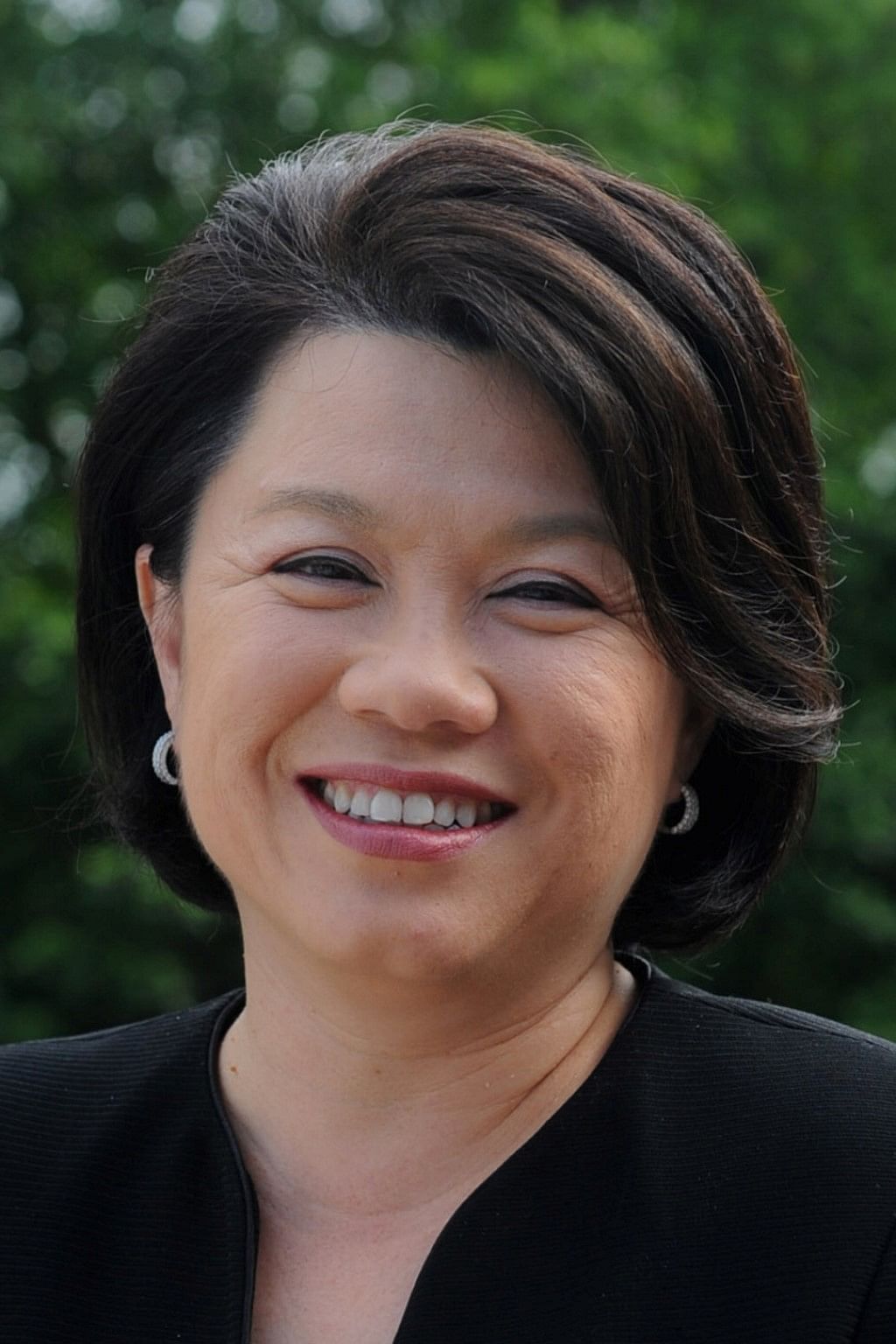
Dr Koh believes the way people have normalised working from home can help spur a change in the medical leave system.
Figuring out what ails someone may take more than a day, so longer medical leave may be needed. "So, is our leave provision, typically seven or 14 days a year, adequate?" she asks.
Employers should ensure that employees who seem unwell do not stay at work, and employees should also be able to tell colleagues that they should not be in the workplaces. "So, work from home can be used for stay-at-home requirements when an employee is unwell and it is going to take a while for diagnosis," she says.
BEST EXPERIENCE
"Being part of a team that launched an online series of policy forums."
TOUGHEST EXPERIENCE
"Having a discussion on uplifting disadvantaged Singaporeans that we have been planning for, set aside."
MR MELVIN YONG, 48
MP and member of the Government Parliamentary Committee for Health
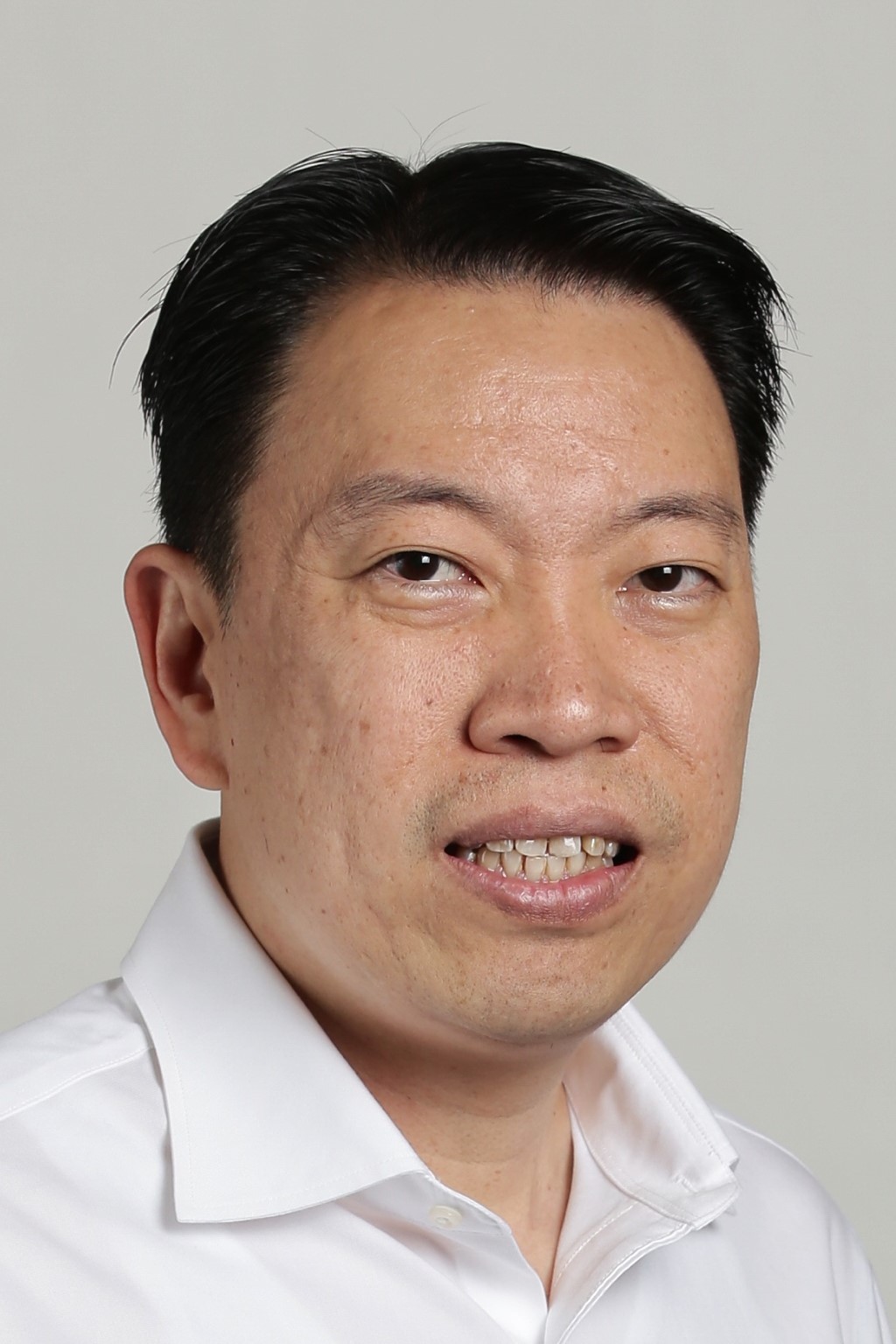
Mr Yong says he is particularly concerned about the challenges posed by the shortage of nurses, "who have been working tirelessly since the outbreak. Many have suspended vacations and put in extra hours, and I commend all of them for putting their lives on the line".
But the pandemic has stretched this lean nursing workforce even more.
"We need to reduce the attrition of our nurses by addressing the issues that they face at their workplaces, ramp up our recruitment with more mid-career nurses, and encourage more to return to nursing," he says, pointing out that even after Covid-19, demand will continue to increase due to the country's ageing population.
BEST EXPERIENCE
"I have much more time with the family during the circuit breaker period."
TOUGHEST EXPERIENCE
"My regular house visits and market visits had to be suspended. I had to rely on virtual meetings and dialogue sessions as a new form of engagement."
DR MATHEW MATHEWS, 45
Head of the Institute of Policy Studies' Social Lab
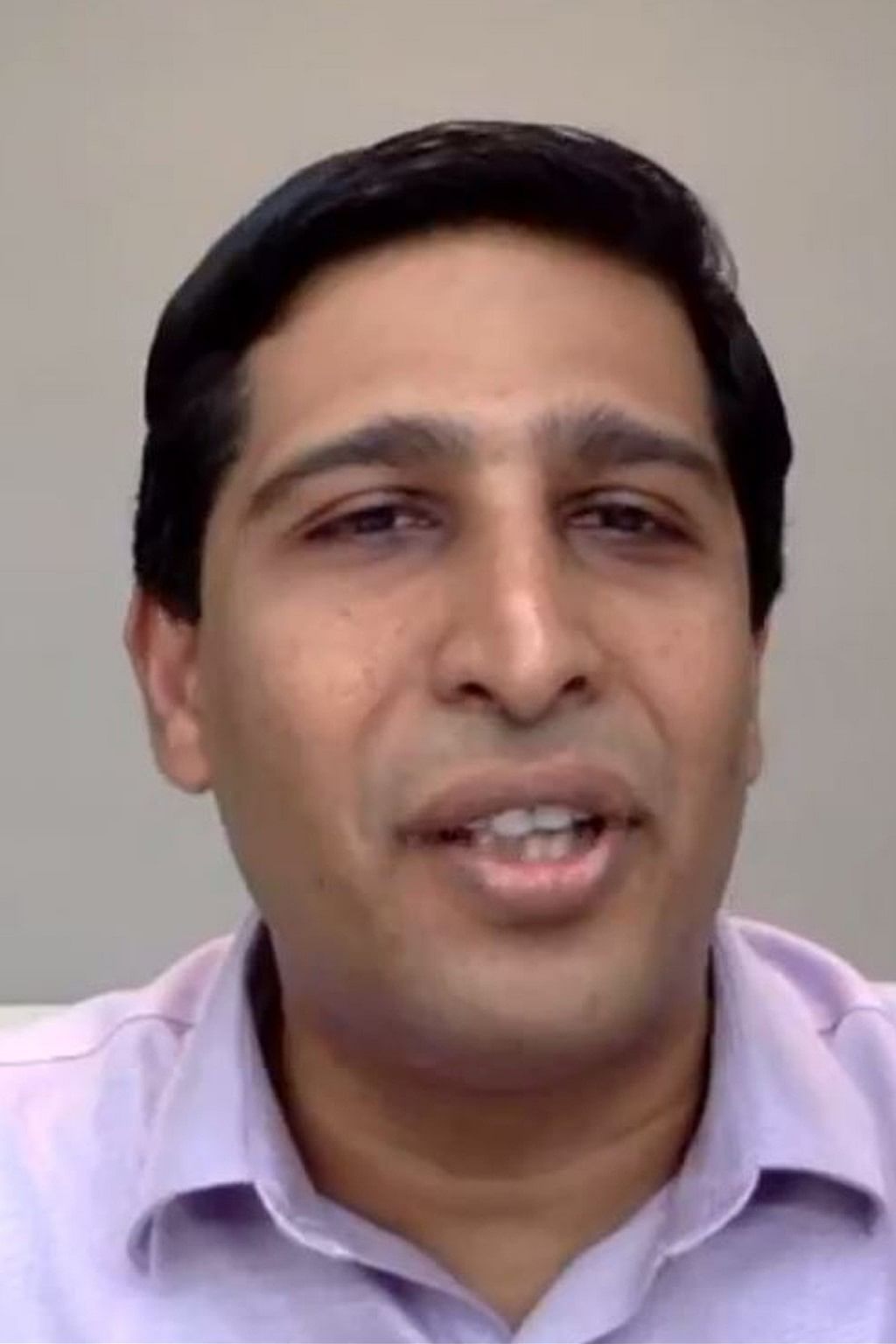
That so many had to learn how to work from home could lay the path to a healthier work-life balance, says Dr Mathews.
"You get used to the fact that your colleagues may have a kid to attend to while they are in a Zoom meeting. You accept that people have other responsibilities in life beyond work, and may need to take pauses in the day to attend to those matters, but still be committed to work needs. Hopefully, the circuit breaker period will bring about changes in work culture."
BEST EXPERIENCE
"It has been very nice to see my wife and children at most times of the day, even if just for short moments."
TOUGHEST EXPERIENCE
"I injured my left foot first, then my right foot over the course of working from home. When I am absorbed in what I am doing or rushing from one thing to another, I do knock into things. The main difference is that when it happens in the office, I have my shoes on."
DR CHIA SHI-LU, 48
MP and chairman of the Government Parliamentary Committee for Health

There will be other pandemics after this one, says Dr Chia, so it will be important to improve the use of technology for contact tracing, such as increasing the reach and accuracy of the TraceTogether app.
"Early detection and contact tracing, followed by earlier isolation, would help in managing future outbreaks," he says.
He also hopes that more will be aware about hygiene - washing hands regularly, not touching one's face unnecessarily and wearing masks if one is unwell but still needs to go out. "But ideally if one is unwell, one should not go out, whether masked or not."
BEST EXPERIENCE
"Getting to spend more quality time at home and to enjoy more home-cooked food."
TOUGHEST EXPERIENCE
"Getting help to some of my constituents has been either slow or impossible due to the circuit breaker measures, which was very frustrating and worrying for myself and my volunteers."
RAHAYU MAHZAM, 39
MP for Jurong GRC
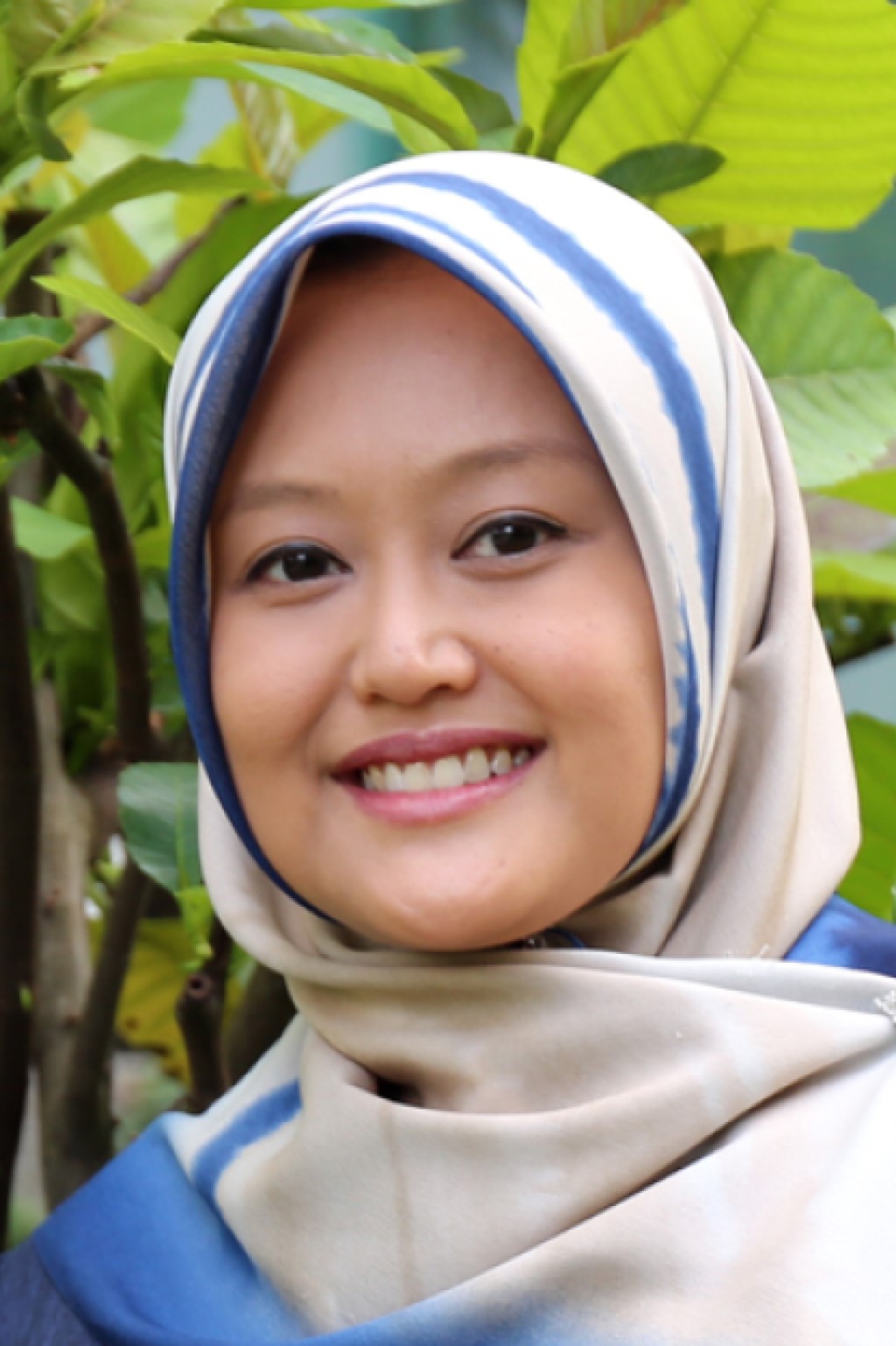
The Covid-19 crisis forced Singaporeans to do many things differently, but some of these changes were good and meaningful, says Ms Rahayu.
"For example, for the longest time, many of us have been advocating flexible work arrangements, by leveraging digital technology."
But through the "harsh nudge" of the virus, people had no choice but to expedite that much-needed transition.
"When we tested it out, we found challenges like maintaining efficiency and productivity and blurring of office hours and family time," she says.
But she hopes that by learning from these challenges, the much desired work-life balance can continue beyond the pandemic.
BEST EXPERIENCE
"I have been able to spend more time with my husband and son. I think I had more lunches with my husband during the circuit breaker than in the past five years combined!"
TOUGHEST EXPERIENCE
"Not being able to catch up with extended family; my son can't spend time with his cousins and we are close."

